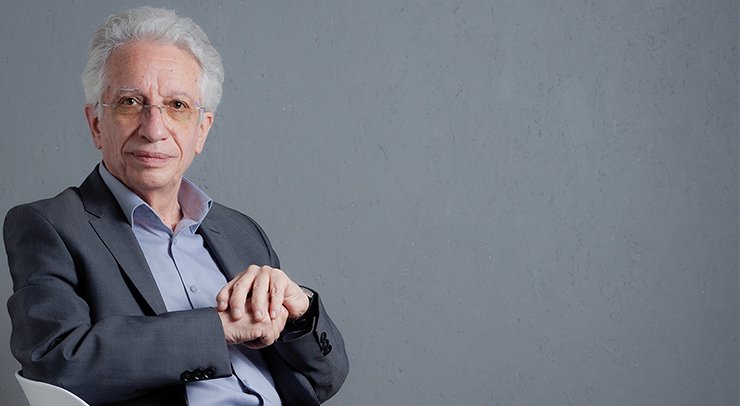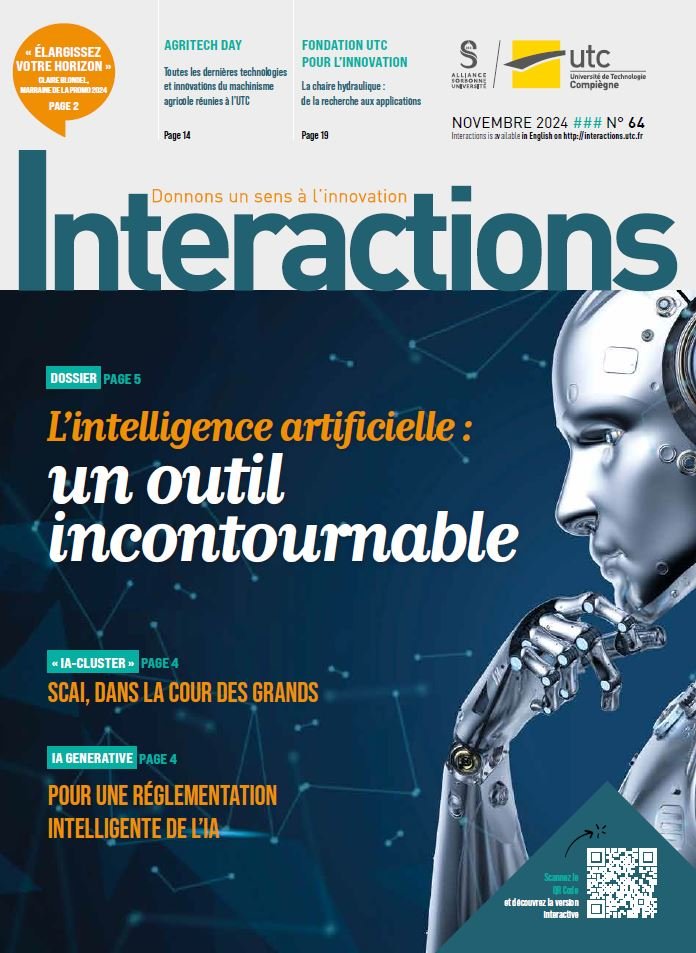Heading for Africa

Jean-Pierre Caliste has been a lecturer and research scientist in mechanical engineering at UTC since 2001. He was the co-initiator of the Master’s degree in Quality and Performance of Organisations (QPO). He became an emeritus professor in 2013. This has allowed him to devote himself to training, particularly in Africa.
At UTC, he was also responsible for the specialised Master in Standards, Quality, Certification and Testing (NQCE). «As early as 2005, I set up two options: a traditional face-toface training course and a remote-learning course, the latter operating in hybrid mode, every five or six weeks, with group meetings,» he explains.
His transition to emeritus status: «Freed as I was from teaching duties, I was able to devote more time to research, in particular in the field of project management and quality, to accompanying professional theses, but also to the development of training courses or the setting up of new ones,» he says.
But it was well before his rise to emeritus level that Jean-Pierre Caliste became interested in international cooperation in the field of training, in particular with African countries. What triggered this? «We noticed that many students, especially from West Africa, were interested in this specialized Master’s programme but were not coming to France for family or financial reasons. As a result, the introduction of the remote learning option in 2005 was a great opportunity to open up to Africa. Students from most West African countries were thus able to follow the master’s programme at a distance and, for many, to complete their professional thesis on local issues. In this logic, in 2017, an agreement was signed between UTC and the University of Abomey Calavi in Benin so that regular face-tof a c e meetings could be held there, further reducing the costs for students coming in from neighbouring countries,’ he emphasizes.
This international experience did not go unnoticed, in particular with the Centre International d’Etudes Pédagogiques (CIEP), renamed France Education International in 2019. Jean-Pierre Caliste was thus involved in several Tempus projects. «In this framework, I was able to contribute to the development of cooperation with Eastern European countries, in particular Russia, and also more significantly with the Maghreb countries,» he says.
But the call of Africa is the strongest. And this is fortunate, since in 2016, UTC was invited by the CIEP to set up a Master’s degree in Industrial Engineering as part of a bilateral cooperation agreement between France and Angola at the intuitive and supervised by the French Embassy in Angola. «Here, the immediate objective is no longer the exchange of students but development aid. In short, it is a matter of setting up an Angolan «master’s degree» at the Agostinho Neto University in Luanda, the country’s main university. In a word: to develop the country’s higher education systems by improving them and even developing pedagogical innovations,» he explains. The Angolan HE project is financed by the French Ministry of Foreign Affairs as part of the support fund for innovative projects (FSPI) and Jean- Pierre Caliste decided to innovate. «Very quickly, I decided to set up tandem pairs of Angolan and French professors for all the courses in the Master’s programme. These pairs were called upon to immerse themselves fully in both systems: the French professors going to Angola and the Angolan professors coming to France to see how each CC worked, to understand our teaching methods, project-based teaching, etc.», he explains.
What happened next? «The file was put together and submitted for accreditation in November 2016 to the Angolan Ministry of Higher Education, which gave the “go ahead” light in April 2017. From there, Angolan colleagues launched the registration process for the start of the Master 1 year. We selected 36 students and 30 graduated in 2019. The agreement now renewed, we are starting the second class of the Master’s degree in 2021/2002. The experience has been deemed positive and, consequently, a second Master’s degree is on the way’, he concludes.




